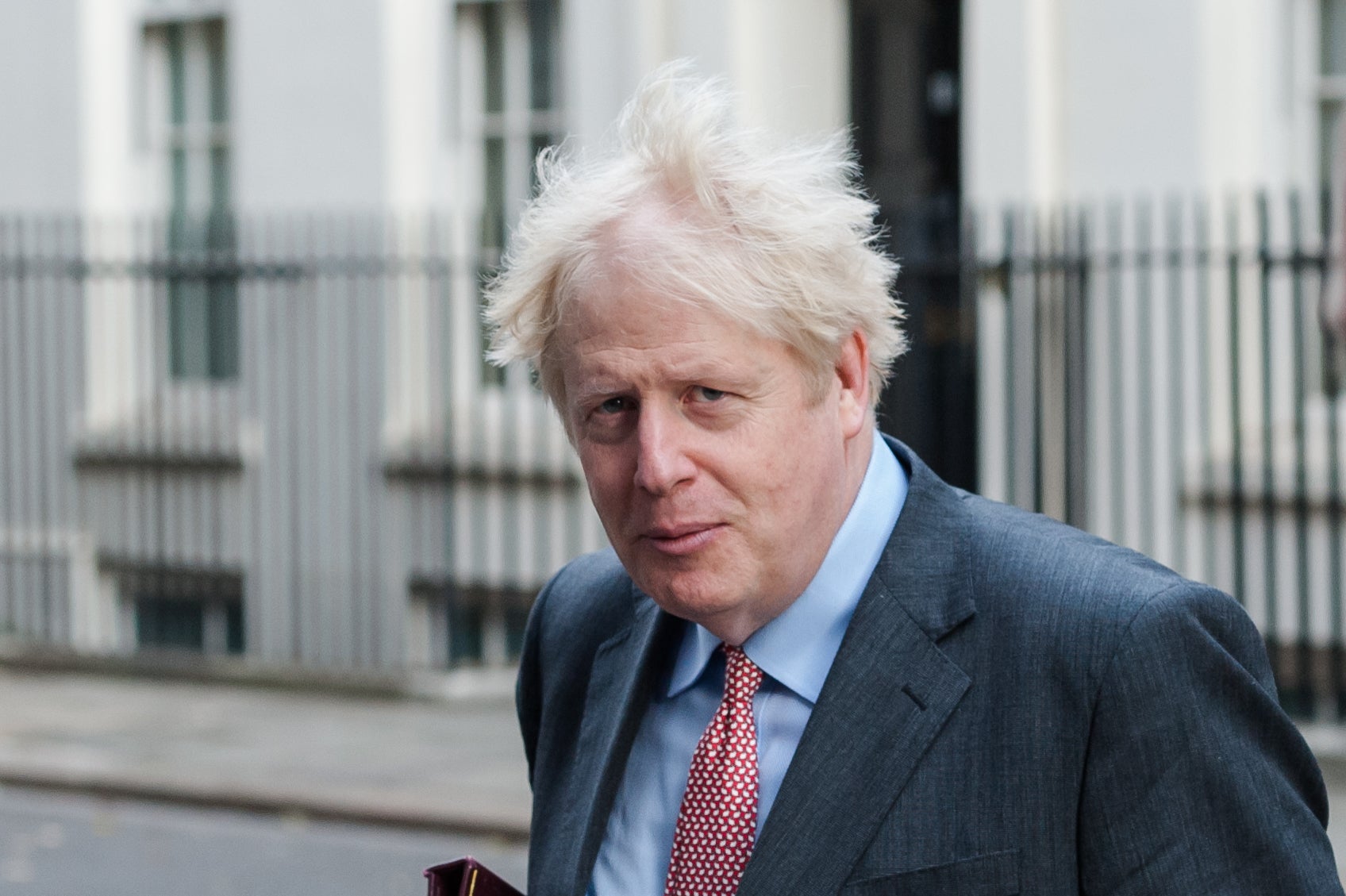Is Boris Johnson, the jokey optimist, really the best person to reassure us about the dangers of coronavirus?
Andy Haldane’s ‘Chicken Licken’ speech comes at an important time, when the resurgence of the virus is causing widespread anxiety, says John Rentoul


You don’t often get footnotes in speeches in politics, so I did enjoy this week’s lecture from Andy Haldane, the Bank of England’s chief economist. At the end of it, he declared: “Now is not the time for the economics of Chicken Licken.”
At this point there is a reference to footnote 8: “The fictional fowl who, having been hit on the head by an acorn, declared the sky was falling in.” How very dry. Haldane is unusual for an economist, and indeed for a senior Bank of England official, in giving speeches that are thoughtful, vivid and clear.
This one was particularly striking. He started by warning against allowing “healthy caution” about coronavirus to morph into “fear and fatalism”. He said: “Pessimism can be as contagious as the disease – and as damaging to our economic fortunes.”
He set out the evidence that the British economy had bounced back rather better than expected from the initial shock of the disease, helped by people spending about as much as they were before. There has been a dramatic shift to online shopping – about a fifth of spending was online before coronavirus, and it peaked at about a third in May.
He is worried, though, that this “encouraging news about the present” might be “drowned out by fears for the future”. Hence the Chicken Licken reference, a story about the psychology of mass panics. “I have a Rooseveltian fear of fear itself,” he said.
It was an important speech, at an important time, when the resurgence of the virus is causing widespread anxiety. It echoed Rishi Sunak’s words from last week, when the chancellor urged us to “learn to live with” the virus, and to “live without fear”. This is a difficult message to get across. People can see that the prevalence of the virus is much lower than the peak in March and April, but are worried about it coming back.
Haldane’s case is that gloom about the economy risks being a self-fulfilling prophecy, and that the authorities have a responsibility to emphasise the positive signals. “This is not boosterism,” he declared; “it is balance.”
Therein lies the problem. The word “boosterism” is associated, in British politics, with the prime minister. He has been accused so often of putting an optimistic gloss of bluff and bluster on crises that his credibility is undermined.
As Ian Leslie comments in the New Statesman today, “optimism has become polarised by association – Boris Johnson has tarnished the brand. It’s hard to talk about brighter days ahead without unintentionally emulating the great wind-tunnel-in-chief.”
Hence the prime minister’s fitful attempts to curb his natural optimism. We saw that struggle for balance in Johnson’s own personality play out in his news conference on Wednesday. He has stripped his public pronouncements of the jokes and flourishes as much as he can, and sticks closely to a prepared text. “I know some people will think we should give up and let the virus take its course, despite the huge loss of life that would potentially entail,” he said, conjuring up an imaginary opponent who sounds suspiciously like the Daily Telegraph columnist and controversialist he used to be. “I have to say, I profoundly disagree,” he went on. “And I don’t think it’s what the British people want. I don’t think they want to throw in the sponge, they want to fight and defeat this virus and that is what we are going to do.”
He was rewarded for his seriousness by being branded “Spongeboz Scarepants” by The Sun today. It does not seem that Johnson can get the balance right: he always tips it too far one way or the other. And it didn’t help that he made such a mess of explaining the restrictions in the northeast on Tuesday.
Sunak and Haldane are better at setting out the balance that needs to be struck. “Some degree of caution is desirable – in how we socialise, shop and work,” said Haldane. But the sky is not falling; the economy is resilient; and everyone has a responsibility, as he said, to “avoid economic catastrophising”.

Join our commenting forum
Join thought-provoking conversations, follow other Independent readers and see their replies
Comments